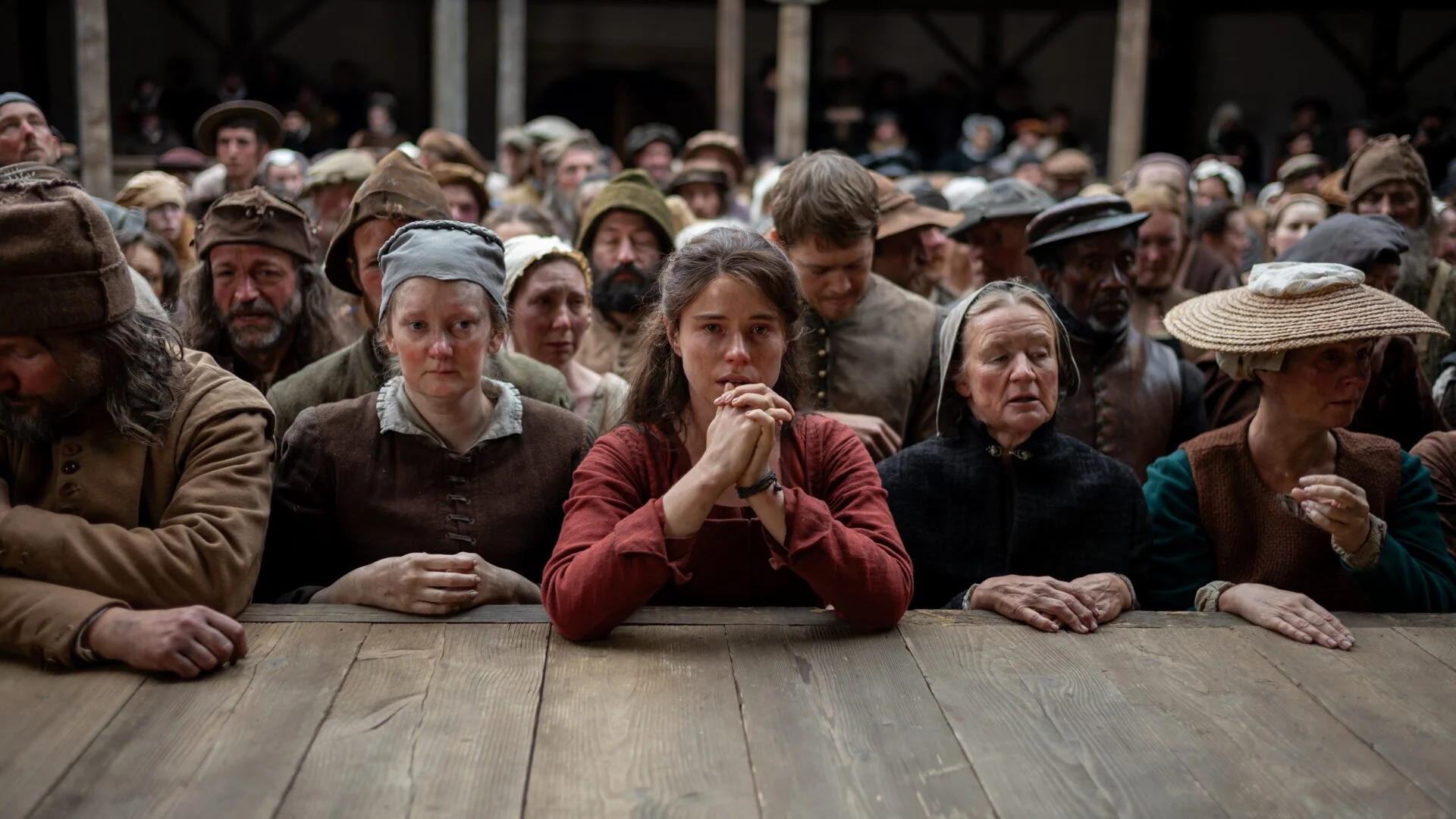Black Bag: Intimacy, Surveillance, and Control
Black Bag, directed by Steven Soderbergh, presents an incredible narrative that intertwines psychological intrigue with the operational realities of espionage. The film centers on George Woodhouse (Michael Fassbender), a British intelligence officer confronted with the task of identifying a mole within his agency. The investigation takes a personal turn when his wife, Kathryn St. Jean (Cate Blanchett), becomes a suspect.
The story unfolds through a series of interactions that reveal the complexities of trust and deception. A dinner party hosted by the couple serves as a focal point, where underlying tensions surface, and the boundaries between personal and professional blur.
Performances by Fassbender and Blanchett are marked by subtlety and depth. Their portrayals convey the internal conflicts faced by individuals balancing personal relationships with professional responsibilities in a high-stakes environment.
Scenographically, the film employs a restrained aesthetic. The environments are characterized by their simplicity and lack of personal touches, reflecting the characters' compartmentalized lives. This design choice accentuates the emotional distance and the pervasive sense of surveillance.
The cinematography, utilizes a subdued color scheme that aligns with the film's contemplative tone. The visual composition emphasizes the characters' isolation and the underlying tension in their interactions.
London's depiction in the film is notable for its authenticity. The city is presented through a lens that captures its complexity without resorting to clichéd imagery. This approach grounds the narrative in a realistic setting that enhances the story's credibility.
Costume design reinforces the film's themes, with characters dressed in attire that prioritizes functionality over fashion. This choice underscores the utilitarian nature of their roles and the suppression of personal identity.
Technological elements, including AI and surveillance tools, are integrated seamlessly into the narrative. Their presence is portrayed as an intrinsic part of the characters' operational landscape, highlighting the normalization of such technologies in contemporary intelligence work.
A very important aspect of the film is its exploration of psychology's dual role. Techniques traditionally associated with therapy are depicted as instruments for extracting information, raising ethical questions about their application in intelligence contexts.
Black Bag challenges viewers to reflect on the moral complexities inherent in espionage, particularly when personal and professional spheres intersect. The film's meticulous construction and thought-provoking themes contribute to a compelling examination of trust, identity, and the human condition.
director STEVEN SODERBERGH
year 2025
director of photography STEVEN SODERBERGH
cast CATE BLANCHETT, MICHAEL FASSBENDER, MARISA ABELA, PIERCE BROSNAN and TOM BURKE
words DONALD GJOKA
What to read next





















